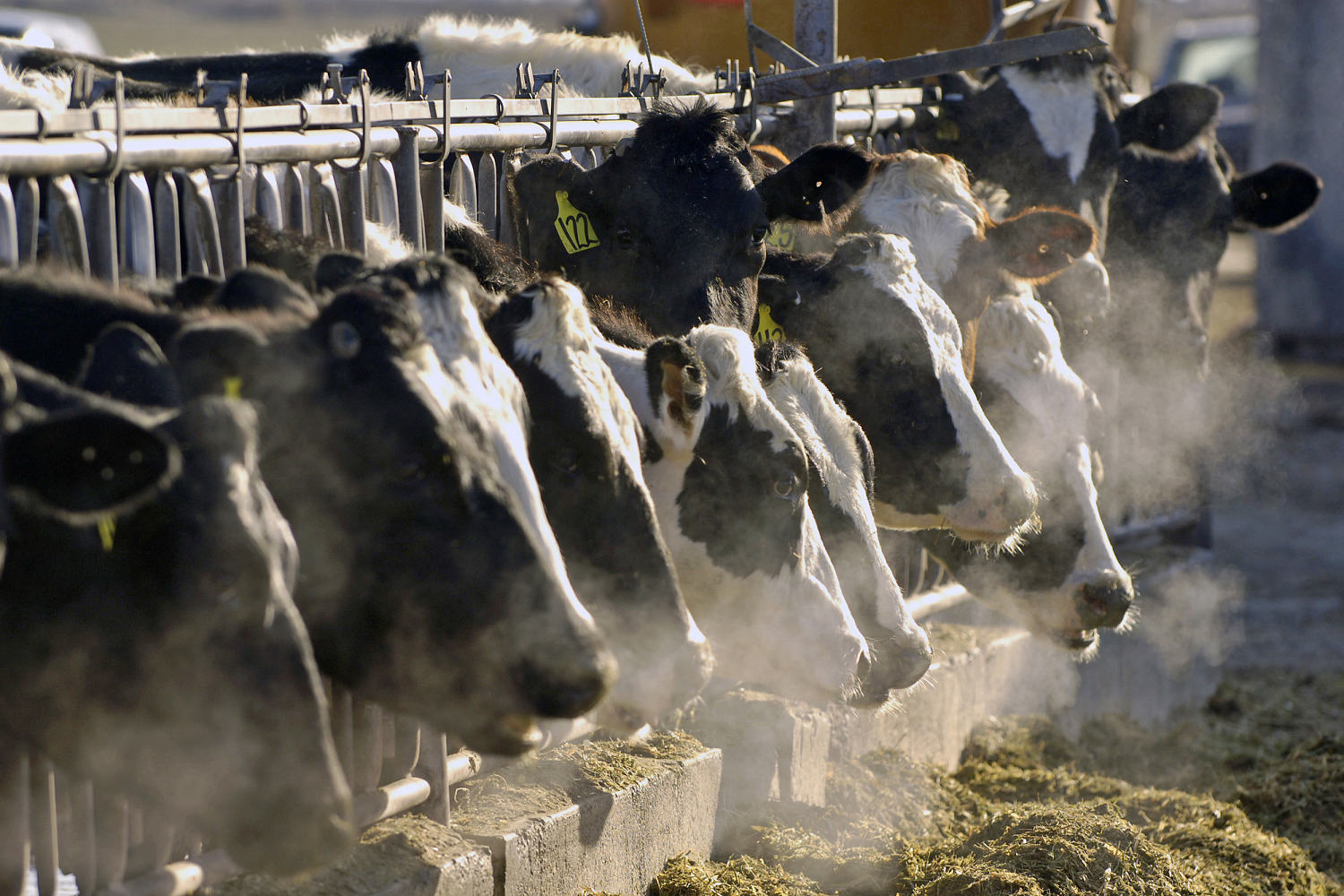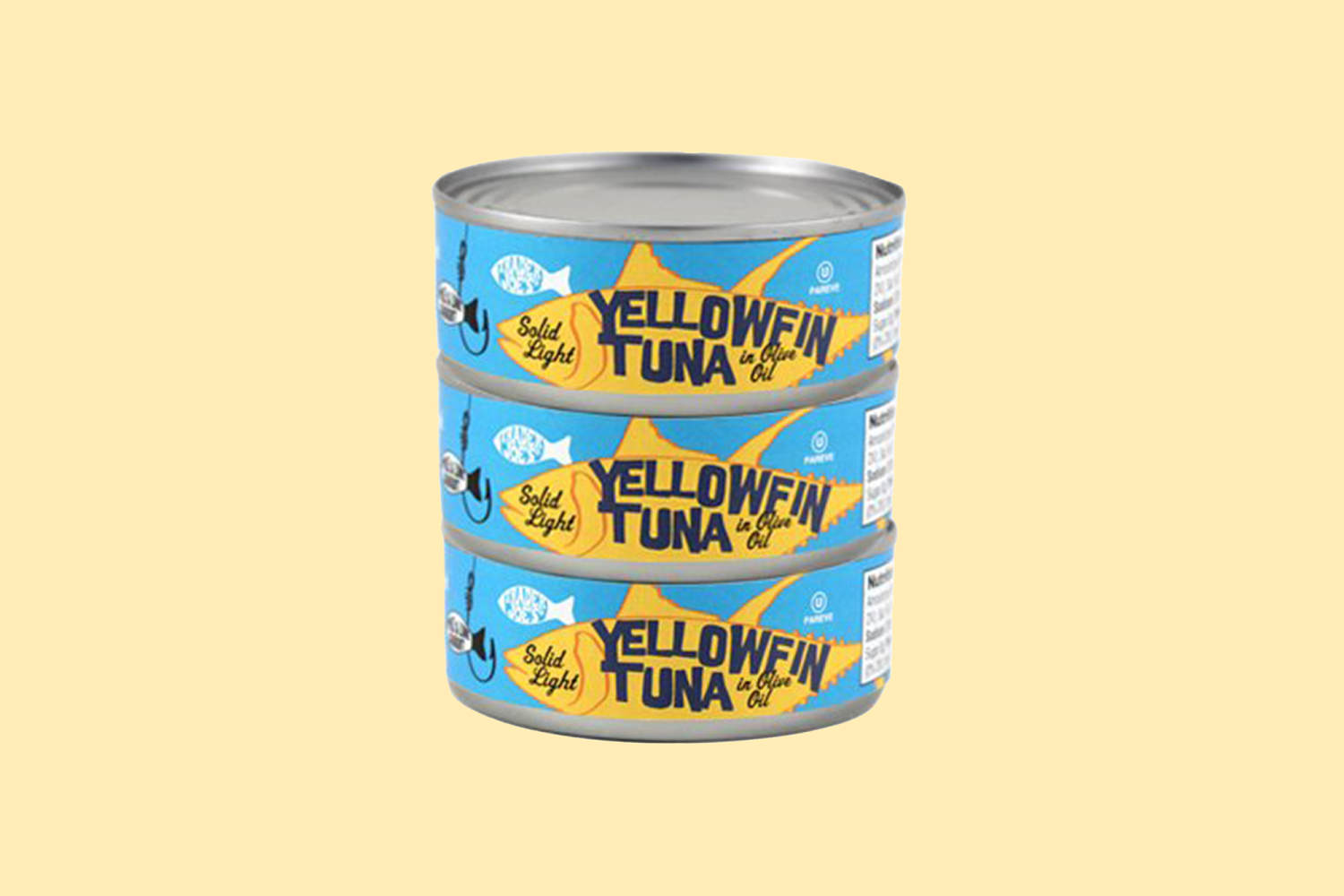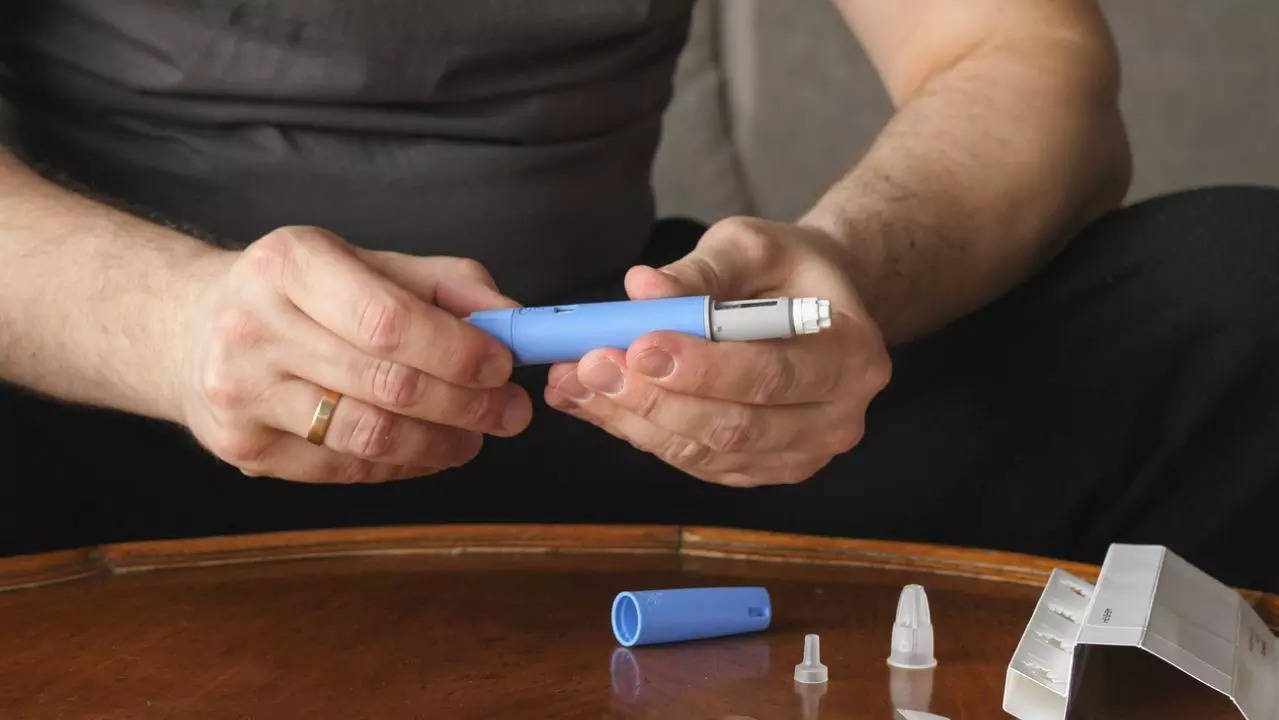University of Florida researchers have taken a significant step toward developing a vaccine for non-typhoidal Salmonella. Salmonella infections are responsible for an estimated 1.35 million illnesses, 26,500 hospitalizations and 420 deaths annually in the United States, according to the Centers for Disease Control and Prevention. The study, conducted by the… Continue Reading Science & Research, Centers for Disease Control and Prevention (CDC), Infection and Immunity, Salmonella, University of Florida, vaccines Food Safety News
University of Florida researchers have taken a significant step toward developing a vaccine for non-typhoidal Salmonella.
Salmonella infections are responsible for an estimated 1.35 million illnesses, 26,500 hospitalizations and 420 deaths annually in the United States, according to the Centers for Disease Control and Prevention.
The study, conducted by the UF Institute of Food and Agricultural Sciences (UF/IFAS) and published in the journal Infection and Immunity, explored an innovative approach to vaccine delivery using small extracellular vesicles (sEVs). These tiny, naturally occurring particles, released by cells, serve as a communication method within the body. The research found that when these vesicles were engineered to carry Salmonella proteins and administered nasally to mice, they triggered a strong immune response.
Unlike existing vaccines that rely on live or inactivated bacteria, this method avoids introducing live pathogens, reducing potential risks. The study found that mice receiving the sEV-based vaccine produced robust antibody responses against multiple Salmonella strains, including those collected from Gainesville’s wastewater system. Researchers analyzed 120 strains from wastewater samples, selecting two —Salmonella enterica serovar Enteritidis and Salmonella enterica subspecies diarizonae — to test the vaccine’s effectiveness.
Salmonella infections often result from consuming contaminated food or water or coming into contact with infected animals. Symptoms typically include severe diarrhea, fever and abdominal cramps, but for vulnerable populations — such as young children, the elderly, and immunocompromised individuals — the infection can be life-threatening. The emergence of antibiotic-resistant Salmonella strains has further heightened the urgency for effective vaccines.
The UF study underscores the potential of sEVs to enhance immune response while offering a safer alternative to conventional vaccines. The next steps for researchers will be to refine their understanding of how these vesicles interact with the immune system and determine their long-term protective effects.
The study was a collaborative effort, with significant contributions from Lisa Emerson, the first author and a UF doctoral graduate who later worked at the CDC. Emerson, who died at 29 in September, played a key role in the research.
To honor her contributions, UF has established a memorial scholarship in her name for microbiology students pursuing careers in public health.
While the vaccine is still in early testing stages, researchers believe their findings lay the groundwork for future human trials. The development of a vaccine targeting non-typhoidal Salmonella could help reduce the global burden of foodborne illness and provide much-needed protection for high-risk populations.
The full study can be found here.
(To sign up for a free subscription to Food Safety News, click here.)








